
*Moved* Y La Bamba Psyched! Fest
Sonido Gallo Negro, Kiltro
Latin
Saturday, November 2, 2024
Doors: 7:00pm • Show: 8:00pm
Starting at 1 PM, Y La Bamba will bring their powerful blend of Latin folk, electronica, and cumbia to the heart of San Francisco, joined by @kiltromusic DJ set by @lisbetho .
To declare one thematic narrative from Lucha, Y La Bamba’s seventh album, would be to chisel away a story within a story within a story into the illusion of something singular.
“Lucha is a symbol of how hard it is for me to tackle healing, live life, and be present,” Luz Elena Mendoza Ramos, lead vocalist and producer of Y La Bamba, says of the title behind the album which translates from Spanish to English as ‘fight’ and is also a nickname for Luz, which means light. The album explores multiplicity—love, queerness, Mexican American and Chicanx identity, family, intimacy, yearning, loneliness—and chronicles a period of struggle and growth for Mendoza Ramos as a person and artist.
Lucha was born out of isolation at the advent of COVID-19 lockdowns, beginning with a cover of Hank Williams’ “I’m So Lonesome I Could Cry,” and following Mendoza Ramos as she moved from Portland, Oregon to Mexico City, returning to her parents’ home country while revisiting a lineage marred by violence and silence, and simultaneously reaching towards deeper relationships with loved ones and herself. The album reflects “another tier of facing vulnerability,” as Mendoza Ramos explains, and is a battle cry to fight in order to be seen and to be accepted, if not celebrated, in every form—anger and compassion, externally and internally, individually and societally. As much as la lucha is about inner work, fighting is borne from survival stemming from social structures designed to uplift dominant groups at the hands of suffering amongst the marginalized.
While peeling back layers of the past to better understand the present has been integral to this period of growth for Mendoza Ramos, time, trauma, and history can feel like interconnected, abysmal loops and music has remained a trusted space for Mendoza Ramos to process, experiment, and channel her learnings into a creative practice. In this way, Lucha has become cyclical, documenting the parallel trust Mendoza Ramos has built with herself to allow the songs to guide how they should be sung, or even sound.
-
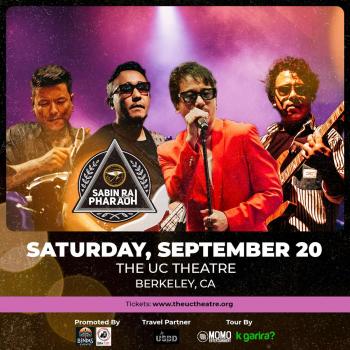
Sabin Rai and The Pharaoh
Saturday, September 20, 2025
Doors: 7:00pm / Show: 8:00pm
World Music
-

Artem Pivovarov
Saturday, September 27, 2025
Doors: 7:00pm / Show: 8:00pm
Electronic
-

Watchhouse
Saturday, October 4, 2025
Doors: 7:00pm / Show: 8:00pm
Folk
-
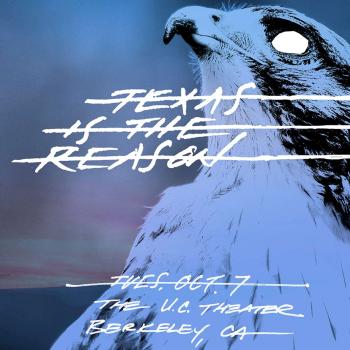
Texas Is The Reason
Tuesday, October 7, 2025
Doors: 7:00pm / Show: 8:00pm
Alternative/Indie Rock
-

Biohazard Divided We Fall Tour
Monday, October 13, 2025
Doors: 5:30pm / Show: 6:30pm
Metal/Hardcore
-
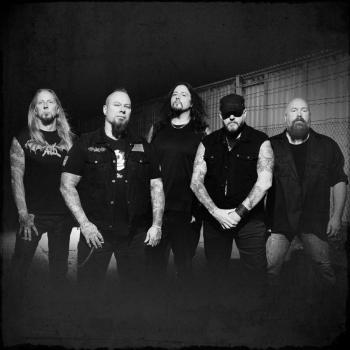
DARK ANGEL EXTINCTION LEVEL EVENT NORTH AMERICA 2025
Wednesday, October 15, 2025
Doors: 4:00pm / Show: 5:00pm
Metal/Hardcore
-
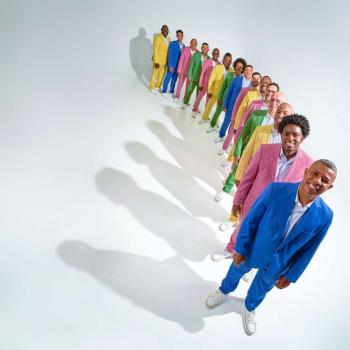
Grupo Niche
Friday, October 17, 2025
Doors: 7:00pm / Show: 8:00pm
Latin
-
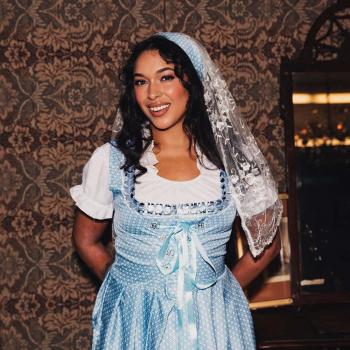
Princess Nokia - A benefit for NorCal Resist
Saturday, October 18, 2025
Doors: 7:00pm / Show: 8:00pm
Hip-Hop/Rap
-
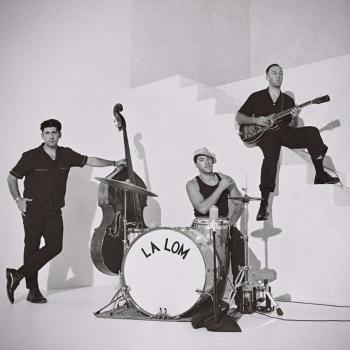
LA LOM
Friday, October 24, 2025
Doors: 7:00pm / Show: 8:00pm
Latin
-
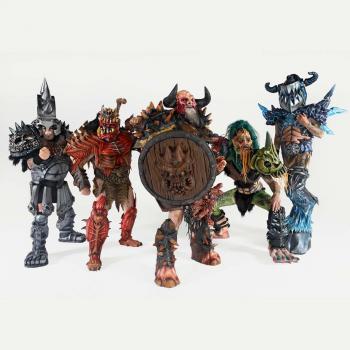
GWAR - The Return of GOR GOR
Saturday, October 25, 2025
Doors: 6:00pm / Show: 7:00pm
Metal/Hardcore
-
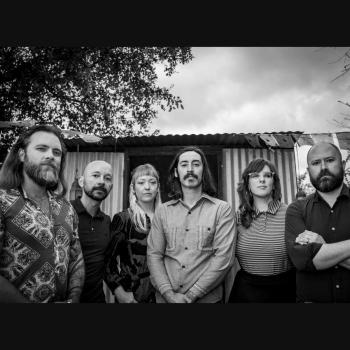
Murder By Death Farewell Tour
Tuesday, October 28, 2025
Doors: 6:00pm / Show: 7:00pm
Folk
-
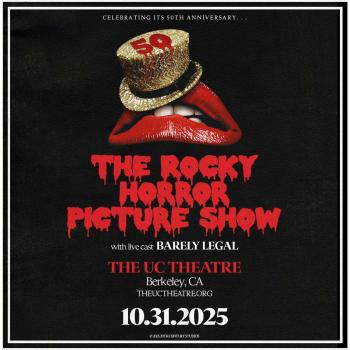
Rocky Horror Picture Show
Friday, October 31, 2025
Doors: 7:00pm / Show: 8:00pm
Musical Theater
-
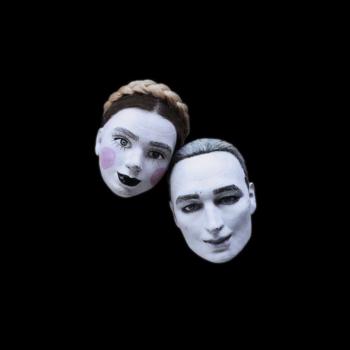
IC3PEAK
Saturday, November 8, 2025
Doors: 7:00pm / Show: 8:00pm
Electronic
-
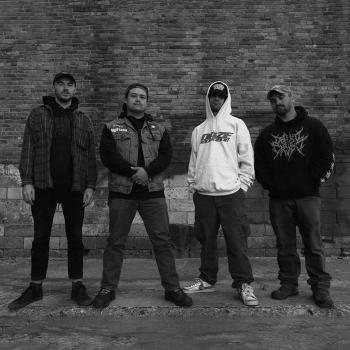
SANGUISUGABOGG
Thursday, November 13, 2025
Doors: 5:00pm / Show: 6:00pm
Metal/Hardcore
-
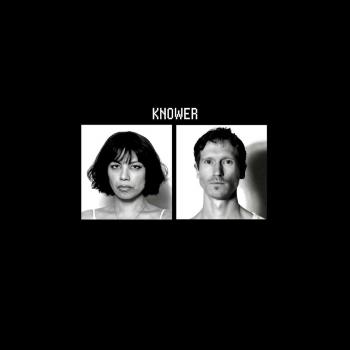
KNOWER
Friday, November 14, 2025
Doors: 7:00pm / Show: 8:00pm
Indie
-
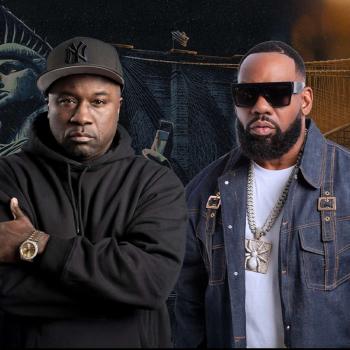
Raekwon and Mobb Deep - 30th Anniversary Tour
Saturday, November 15, 2025
Doors: 7:00pm / Show: 8:00pm
Hip-Hop/Rap
-
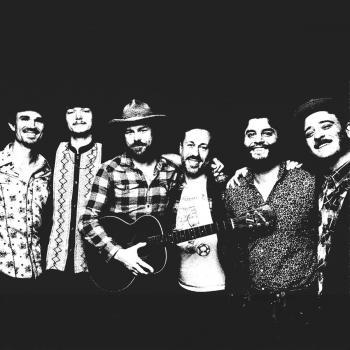
The California Honeydrops
Friday, November 28, 2025
Doors: 7:00pm / Show: 8:00pm
Blues
-
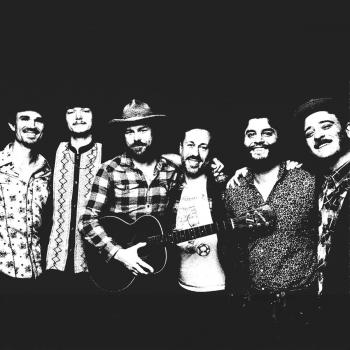
The California Honeydrops
Saturday, November 29, 2025
Doors: 7:00pm / Show: 8:00pm
Blues
-

SPIKE & THE GIMME GIMMES
Sunday, November 30, 2025
Doors: 7:00pm / Show: 8:00pm
Punk
-
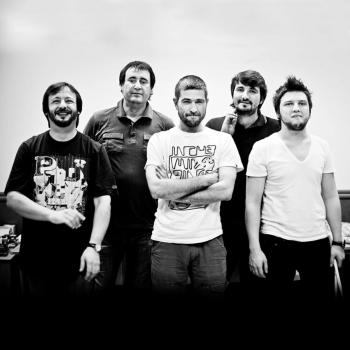
Splean
Tuesday, December 2, 2025
Doors: 7:00pm / Show: 8:00pm
Rock
-
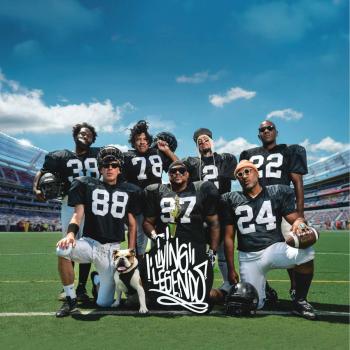
How The Grouch Stole Christmas Tour - Living Legends
Friday, December 5, 2025
Doors: 7:00pm / Show: 8:00pm
Hip-Hop/Rap
-
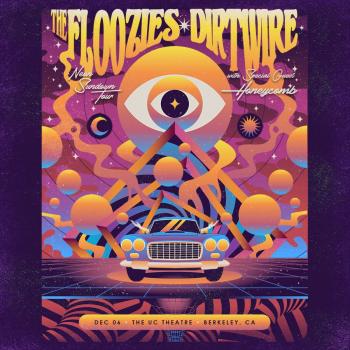
The Floozies & Dirtwire: Neon Sundown Tour
Saturday, December 6, 2025
Doors: 7:00pm / Show: 8:00pm
Dance
-
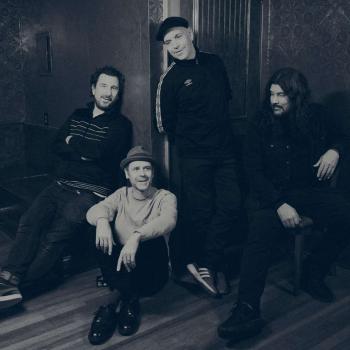
THE BOUNCING SOULS EAST COAST! F#CK YOU! TOUR
Thursday, December 11, 2025
Doors: 6:00pm / Show: 7:00pm
Rock
-
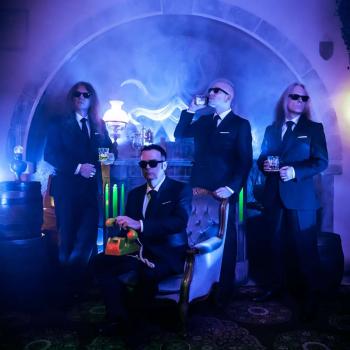
BLIND GUARDIAN SOMEWHERE FAR BEYOND TOUR
Friday, December 12, 2025
Doors: 6:30pm / Show: 7:30pm
Metal/Hardcore
-

OsamaSon - Psykotic Tour 2025
Saturday, December 13, 2025
Doors: 7:00pm / Show: 8:00pm
Hip-Hop/Rap
-
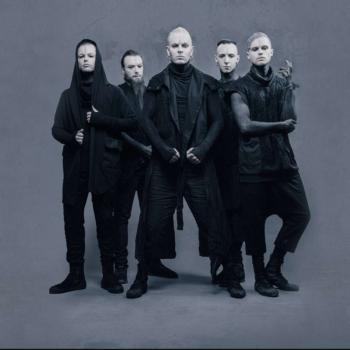
LORD OF THE LOST & THE BIRTHDAY MASSACRE
Sunday, February 8, 2026
Doors: 6:00pm / Show: 7:00pm
Rock
-
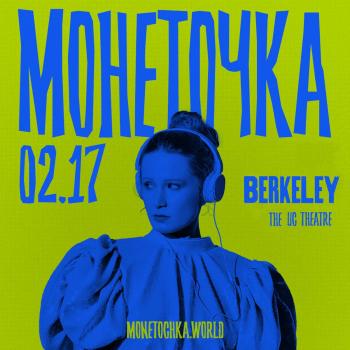
MONETOCHKA - FAIRYTALE WORLD TOUR
Tuesday, February 17, 2026
Doors: 7:00pm / Show: 8:00pm
Pop
-

Noize MC
Friday, March 13, 2026
Doors: 7:00pm / Show: 8:00pm
Hip-Hop/Rap
-
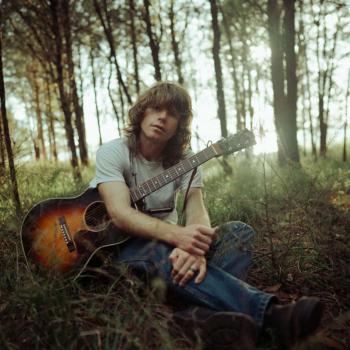
Jesse Welles - Under The Powerlines 2026
Saturday, March 21, 2026
Doors: 7:00pm / Show: 8:00pm
Singer-Songwriter





